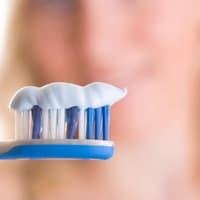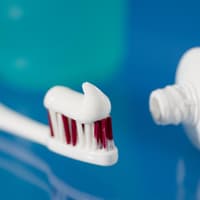
For whom does supplementary dental insurance make sense?
"Statutory health insurance only covers a small proportion of the cost of dentures. Supplementary insurance can therefore be worthwhile for those who want high-quality and expensive dentures over and above standard care. However, no supplementary insurance covers all invoice costs."
What benefits should it always include?
"The benefits of the tariffs vary greatly. You should think carefully about what is important to you. Do you just want to reduce your own contribution to dental bills? Then a cheaper plan with fewer benefits may be sufficient. Otherwise, you should check what the specific situation is regarding the provision of expensive dentures, implants and inlays."
Is the reimbursement amount unlimited?
"No, there are tariffs that set upper limits for reimbursement, for example 15,000 euros per year. This is very disadvantageous, as it would only cover a small proportion of the costs for extensive treatment."
Do contracts apply immediately and in full?
"There is usually a waiting period of eight months, during which nothing is reimbursed. In addition, there are often staggered limits on the reimbursement amount in the first three to five years. Tip: make a comparison!"
Health questions - am I allowed to fib?
"No, under no circumstances should you fib when answering health questions. They must be answered fully, truthfully and completely. Otherwise, policyholders run the risk of the insurance company terminating the contract. If you are unsure about filling in the questionnaire, you should ask your dentist."
Can I also take out a policy retrospectively?
"The younger an insured person is and the better the condition of their teeth, the cheaper the insurance premium. The policy should therefore be taken out as early as possible, as long as the dentist has not yet made a diagnosis. Pre-existing conditions and the finding that teeth need to be treated can otherwise lead to problems when concluding the contract or to the exclusion of certain benefits. It is best to obtain several quotes."
Where can I find further advice and information?
"The local consumer advice centers provide independent and personal advice. Product comparisons can be found in Stiftung Warentest magazines."






